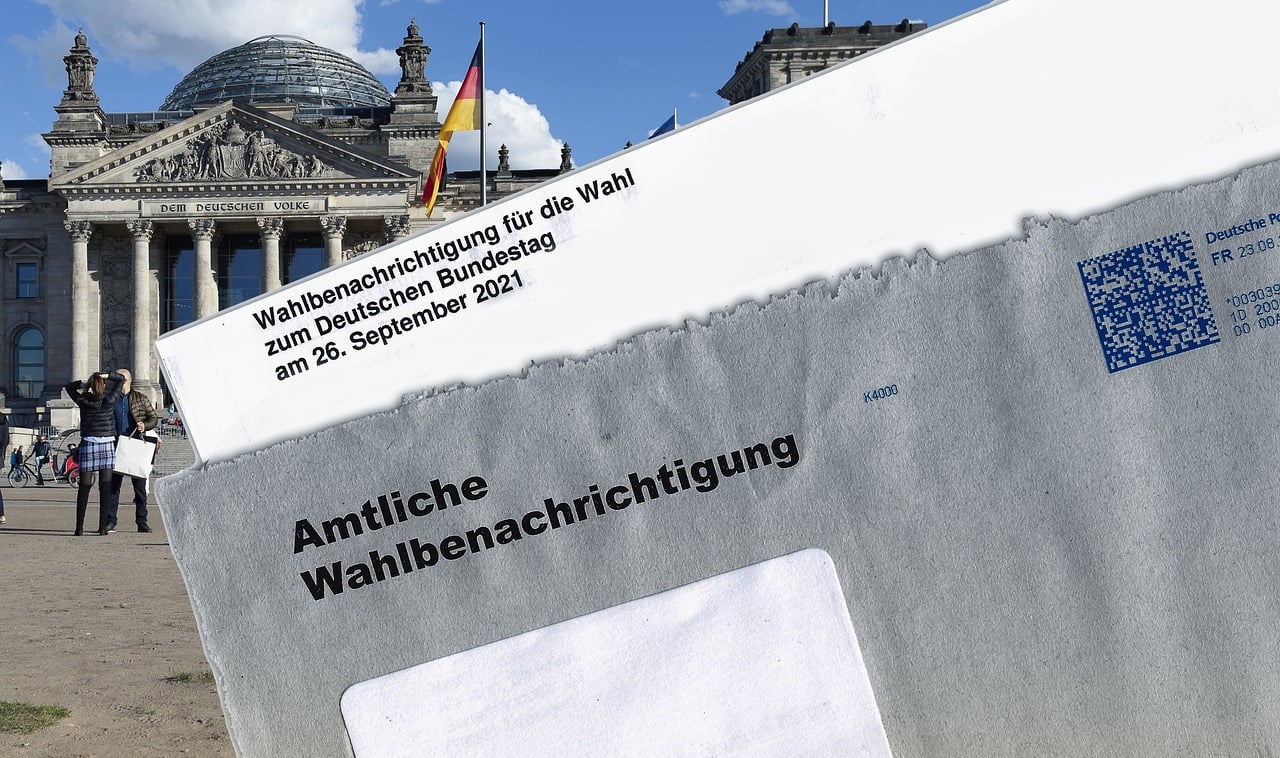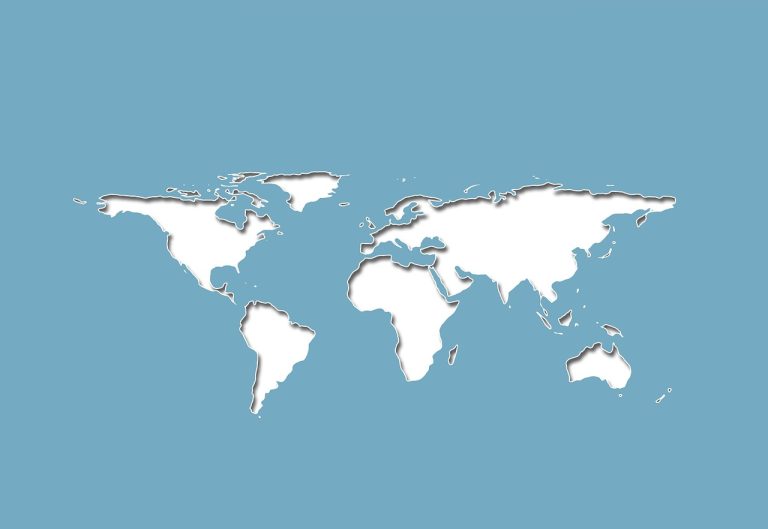
The Role and Impact of Youth in Philippine Politics: Unveiling the Future Leaders
In recent years, the political landscape of the Philippines has witnessed a significant shift, largely driven by the increasing involvement of the youth. This demographic, characterized by its dynamism and innovative ideas, plays a crucial role in shaping the future of the nation. As the country grapples with various social, economic, and political challenges, the participation of young people in politics is more essential than ever. This blog post explores the role and impact of youth in Philippine politics and highlights how they are poised to become the future leaders of the country.
The Demographic Dividend
The Philippines enjoys what is often referred to as a “demographic dividend,” with a large percentage of its population being young. According to the Philippine Statistics Authority, a substantial portion of the population falls between the ages of 15 and 30. This youth bulge presents both opportunities and challenges, as it requires the government to invest in education, healthcare, and job creation to harness the potential of this demographic group. However, it also means that there is a large pool of potential voters and leaders who can drive political change.
Youth Participation in Political Processes
One of the most visible ways in which young people are impacting politics is through increased participation in electoral processes. The Commission on Elections (COMELEC) has reported a rising number of young voters, indicating a growing interest in political affairs. Youth-led movements and organizations are also actively engaging in voter education and registration campaigns, ensuring that the voices of young Filipinos are heard at the ballot box.
Moreover, young leaders are increasingly participating in local governance. The Sangguniang Kabataan (SK) or Youth Council provides a platform for young leaders to engage in community decision-making. This involvement not only empowers them but also exposes them to the intricacies of governance and public service.

Advocacy and Activism
Youth in the Philippines are also at the forefront of advocacy and activism. From climate change to human rights, young Filipinos are championing various causes that affect their future. The rise of social media has provided a powerful tool for youth activists to mobilize support and raise awareness on critical issues. Campaigns like the call for climate justice and education reform demonstrate the ability of young people to influence public discourse and pressure policymakers into action.
Challenges Faced by Young Political Leaders
Despite their growing influence, young political leaders in the Philippines face several challenges. One of the most significant hurdles is the entrenched political dynasties that dominate the political scene. These dynasties often have the resources and influence to hinder the entry of new and young political figures.
Furthermore, the political system itself can be a barrier. The lack of resources and financial support for young candidates makes it difficult for them to compete in elections. Additionally, there is often skepticism from older generations about the capabilities of young leaders, which can undermine their effectiveness and potential for success.
Opportunities for Empowerment
To overcome these challenges, initiatives aimed at empowering young leaders are essential. Political education and leadership training programs can equip the youth with the skills and knowledge necessary to navigate the political landscape. Institutions and civil society organizations can play a crucial role in supporting young leaders by providing mentorship and resources.
Moreover, the integration of technology and innovative platforms can enhance youth participation in politics. E-governance initiatives and digital tools can make political processes more accessible and inclusive for young people, allowing them to engage in decision-making and policy formulation actively.
The Future of Youth in Philippine Politics

The future of youth in Philippine politics looks promising, with more young people stepping up to take leadership roles. As they continue to challenge the status quo and push for reforms, the potential for transformative change becomes evident. The integration of youthful energy and fresh perspectives into the political system is crucial for addressing contemporary issues and ensuring sustainable development.
Moreover, the youth’s ability to adapt to new technologies and their openness to global ideas position them as frontrunners in a rapidly changing world. As they rise to positions of influence, they have the opportunity to reimagine governance and build a more inclusive and equitable society.
Takeaways
In conclusion, the role and impact of youth in Philippine politics are undeniable. As active participants in electoral processes, advocates for change, and emerging leaders, young Filipinos are shaping the future of the nation. It is imperative for stakeholders, including the government, civil society, and the private sector, to support and empower the youth. By investing in their potential and creating an enabling environment, the Philippines can harness the full benefits of its demographic dividend and ensure a prosperous and democratic future.
The Global Perspective on Youth in Politics
The Philippines is not alone in witnessing a surge of youth involvement in politics. Around the world, young people are increasingly taking on roles as political leaders, activists, and influencers. This international trend highlights the universal desire for change and innovation that young generations bring to the political arena. Countries like New Zealand and Finland have seen young leaders ascend to significant political positions, inspiring Filipino youth to pursue similar paths. This global perspective underscores the importance of fostering a political environment where young voices can thrive and contribute meaningfully.
The Role of Education in Political Engagement
Education plays a pivotal role in enhancing political engagement among the youth. Schools and universities serve as breeding grounds for future leaders by offering courses in political science, governance, and civic education. These educational programs not only provide theoretical knowledge but also encourage critical thinking and active participation in societal issues.

Furthermore, extracurricular activities such as debate clubs, student councils, and community service projects offer practical experiences that prepare young individuals for political engagement. By fostering a culture of inquiry and participation, educational institutions can nurture a generation of informed and engaged citizens ready to take on leadership roles.
Case Studies: Young Leaders Making a Difference
There are numerous examples of young leaders in the Philippines who have made significant impacts in their communities. For instance, the story of Kesz Valdez, a young advocate for children’s rights, demonstrates the power of youth leadership. At a young age, Kesz founded the organization “Championing Community Children,” which aims to improve the lives of street children. His work has been recognized internationally, inspiring other young Filipinos to pursue social justice causes.
Similarly, Angel Locsin, known for her work outside of entertainment, has used her platform to advocate for disaster relief and humanitarian efforts, showcasing how young public figures can leverage their influence for the greater good. These case studies exemplify the potential of young leaders to drive positive change and address key societal issues.
Building a Supportive Framework for Youth Leadership
To maximize the impact of youth in politics, it is crucial to build a supportive framework that addresses their unique needs and challenges. This includes creating policies that encourage youth participation, such as lowering the age requirements for candidacy in elections and providing funding for youth-led initiatives. By implementing such policies, the government can ensure that young leaders have equal opportunities to contribute to the political discourse.
Additionally, partnerships between government agencies, non-governmental organizations, and private sector entities can provide mentorship programs and networking opportunities for young leaders. These collaborations can help bridge the gap between young individuals and established political figures, facilitating knowledge exchange and mutual understanding.
Conclusion: A Call to Action

The role of youth in Philippine politics is both transformative and essential. As the nation moves forward, it is vital to recognize and harness the potential of young Filipinos to effect meaningful change. By fostering an inclusive political culture that values diversity and innovation, the Philippines can ensure that its future leaders are equipped to tackle the challenges of tomorrow.
It is a collective responsibility to support and empower young people, encouraging them to engage in political processes and assume leadership roles. This call to action extends to all sectors of society, urging them to invest in the youth as a vital resource for the country’s growth and development. The future of the Philippines depends on tapping into the energy, creativity, and dedication of its young citizens, paving the way for a brighter, more equitable future.
Encouraging Civic Engagement Through Technology
The digital age has opened up new avenues for civic engagement, especially among the youth. Technology and social media platforms offer young people innovative ways to connect, organize, and voice their opinions. From online petitions to virtual town halls, technology has democratized access to political participation, making it easier for young individuals to engage with their leaders and communities.
For instance, platforms like Change.org have empowered many young Filipinos to start petitions and rally support for various causes. Social media campaigns have also played a crucial role in raising awareness and driving action on issues such as education reform, environmental protection, and social justice. By leveraging these digital tools, the youth can amplify their voices and influence policy decisions at both local and national levels.
The Importance of Youth-Friendly Policies
To ensure that the youth can fully participate in political processes, it is essential to establish youth-friendly policies that address their unique needs and challenges. Policies that focus on education, employment, and mental health can create an environment where young people feel supported and empowered to engage in political activities. Additionally, youth quotas in government positions and advisory councils can ensure that their perspectives are represented in decision-making processes.

Countries that have implemented such policies have seen increased youth participation and engagement. For example, the establishment of youth parliaments in countries like the UK has provided young people with a platform to discuss issues and propose solutions directly to policymakers. These initiatives serve as models for the Philippines to consider as it seeks to enhance youth involvement in politics.
Fostering a Culture of Political Literacy
Political literacy is a crucial component of effective civic engagement. By understanding the political system, young people can make informed decisions and contribute meaningfully to discussions on governance and policy. Educational programs that focus on civic education and political literacy can provide the youth with the knowledge and skills necessary to engage in political processes.
Moreover, fostering a culture of political literacy involves encouraging open dialogues and discussions on political matters within families, schools, and communities. By normalizing these conversations, society can cultivate a generation of critical thinkers who are equipped to navigate the complexities of political life and contribute constructively to national development.
Conclusion: Envisioning a Future with Youth at the Helm
As the Philippines continues to develop and evolve, the role of youth in shaping its political future cannot be overstated. Young Filipinos possess the creativity, resilience, and determination needed to address the challenges facing the nation. By creating an environment that supports their growth and participation, the country can ensure that its future leaders are prepared to lead with integrity and vision.
Ultimately, the involvement of youth in politics is not just about preparing them for leadership roles but also about enriching the democratic process with diverse perspectives and innovative ideas. It is a call to action for all stakeholders to invest in the potential of the youth, recognizing them as vital contributors to the nation’s progress and prosperity. With the right support and opportunities, young Filipinos can indeed be the change-makers and leaders of tomorrow.



